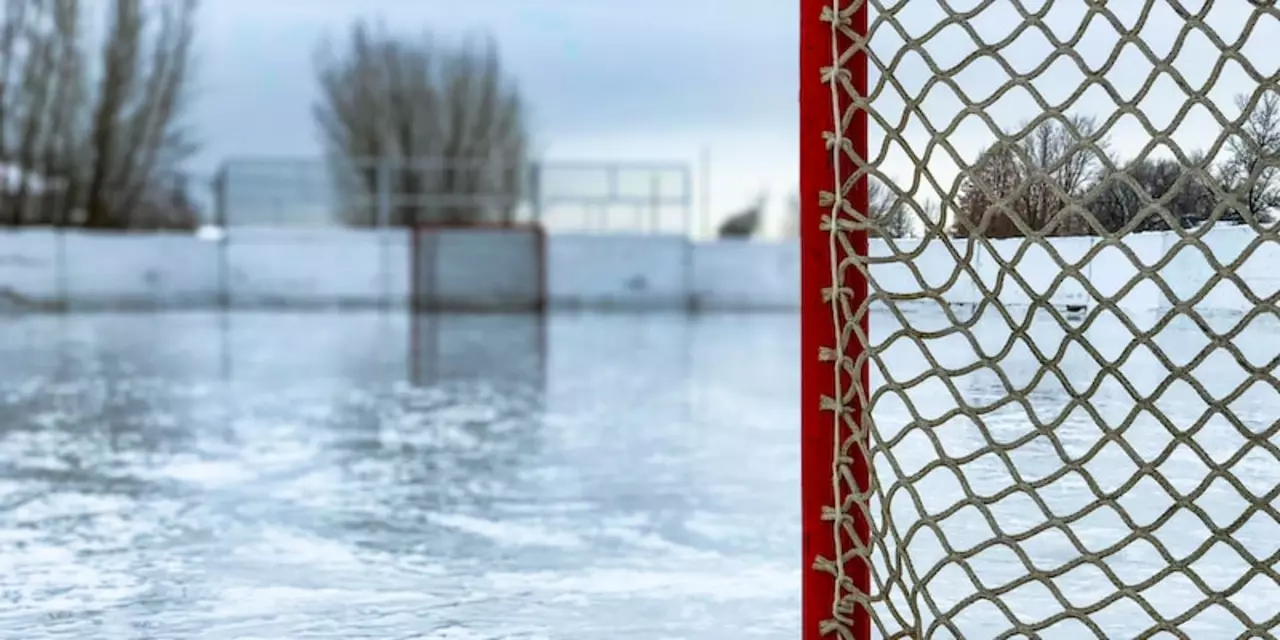Hockey Duties: What Everyone Needs to Know
Whether you’re stepping onto the field for the first time or managing a team, knowing your duties makes the game run smoother. In hockey, duties aren’t just about skill; they’re about what each person does to keep the club thriving. Below we break down the main responsibilities for players, coaches, officials, and volunteers, plus a few quick tips to nail each role.
Player Duties on the Pitch
Players have three core duties: skill execution, teamwork, and sportsmanship. First, you need to master basic techniques – passing, shooting, and defending – because every move counts in a fast‑paced match. Second, teamwork means communicating constantly, covering for teammates, and moving as a unit. If a winger spots a gap, a quick call can turn a defensive shuffle into an attacking opportunity. Finally, sportsmanship covers respecting opponents, following the rules, and handling wins or losses with humility. Forget any of these and the whole side suffers.
Quick tip: before each practice, write down one personal duty you’ll focus on – like improving your wrist‑flick for better lifts or staying vocal during defense. Small goals add up quickly.
Coaching and Leadership Duties
Coaches wear many hats. Planning training sessions, analyzing opponent tactics, and giving clear feedback are the basics. A good coach also sets the tone for discipline and motivation. During games, the coach’s duty shifts to strategic adjustments – swapping lines, calling time‑outs, and keeping players focused. Off the pitch, coaches handle paperwork, manage equipment, and liaise with parents or club officials.
Quick tip: keep a simple notebook that lists each player’s strengths and areas to improve. Reference it before talks to give personalized feedback – players notice and respond.
Officials and Volunteer Duties
Referees and umpires are the unsung heroes. Their duty is to enforce the rules fairly, keep the game flowing, and ensure safety. This means making quick, confident calls and communicating clearly with players. Volunteers, on the other hand, support everything from setting up goals to handling registrations. Their duty is to be reliable – show up on time, follow the club’s procedures, and pitch in wherever needed.
Quick tip for volunteers: create a checklist for match day tasks. Checking off each item reduces stress and ensures nothing gets missed.
Putting Duties into Practice
All these duties intersect. When a player knows their role, coaches can plan smarter, officials can manage the game better, and volunteers keep the environment safe and organized. If you’re new to the club, ask the manager for a rundown of expectations. If you’re a seasoned member, share your duty checklist with newcomers – it builds consistency.
Remember, duties aren’t a burden; they’re the backbone of a successful hockey club. Master yours, help others with theirs, and the whole team will feel the difference on and off the pitch.
